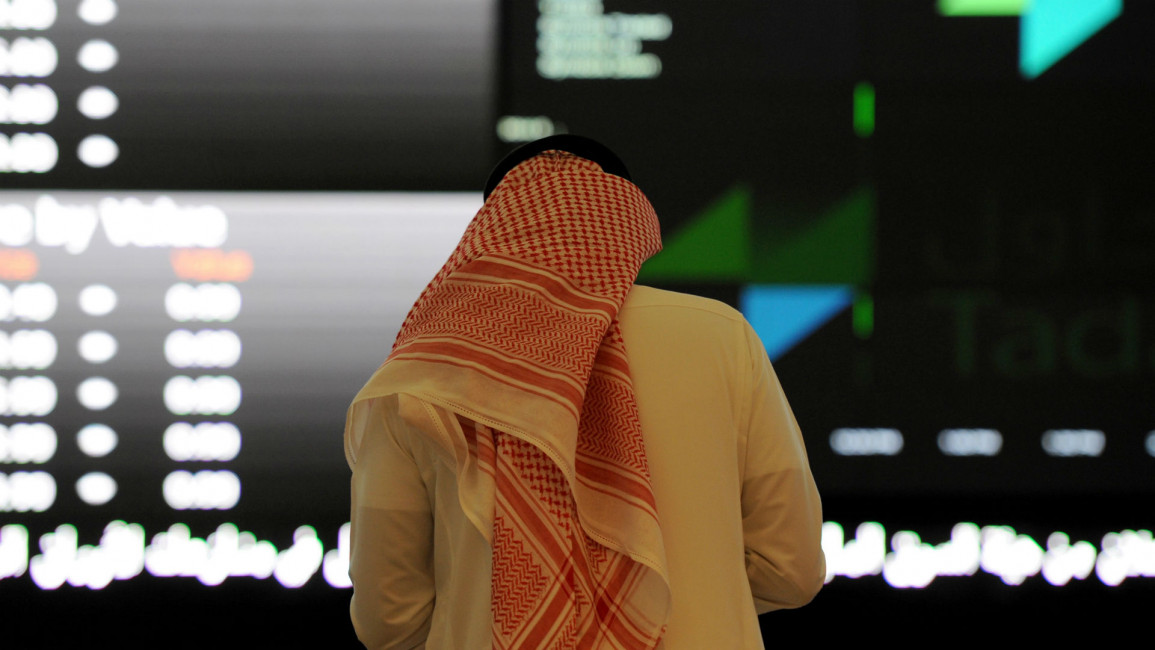Saudi Arabia has 'no plan' to curb oil production
OPEC meets here Friday to decide on whether to cut its oil production faced with an abundance of crude that has sent prices crashing.
Despite oil prices plunging by more than 60 percent in 18 months, OPEC kingpin Saudi Arabia and the cartel's other Gulf state members are defying calls to cut output - in a year-long strategy of attempting to preserve market share and fend off competition from non-OPEC and world leading producers Russia and the United States.
But OPEC's poorer nations, led by Venezuela, want a cut to help boost prices.
Heading into the Vienna meeting Friday, the cartel's dozen member countries from Africa, the Middle East and Latin America, had yet to strike an agreement on tackling an oil supply glut, with Iran insisting that it plans to hike its own production early next year.
Markets expect the Organization of the Petroleum Exporting Countries - which pumps out about one-third of the world's oil - to leave its daily oil output ceiling at 30 million barrels.
"Saudi Arabia seems content to wait for lower non-OPEC supply and stronger demand to lift prices next year," said Julian Jessop, analyst at Capital Economics research group.
| According to Bloomberg, OPEC production in November rose to an above-target 32.1 million barrels per day (mbpd). |
According to a survey by Bloomberg, OPEC production in November rose to an above-target 32.1 million barrels per day (mbpd).
And Iran on Thursday said it would not bow to pressure whereby it avoids increasing its production following the lifting of sanctions that had been imposed due to its disputed nuclear programme.
This despite slowing growth in global oil demand, largely because of weaker economic output in China, the world's biggest consumer of energy.
Oil prices rose Thursday as traders hedged their bets in case OPEC surprises the market.
US benchmark West Texas Intermediate for delivery in January added $1.14 to $41.08 a barrel on the New York Mercantile Exchange.
This made up some of the ground lost in the prior session, when WTI finished below $40 for the first time since August.
Brent North Sea crude for January delivery rose $1.35 to $43.84 a barrel Thursday in London.
Friday's meeting at OPEC headquarters will meanwhile see it approve Indonesia's return to the organisation following a six-year absence that had been triggered by southeast Asia's largest economy becoming a net importer of oil.
Its return is seen as a way for the resource-rich country to access cheaper oil supplies as local demand soars while domestic production falls.
Jessop pointed out that there was in fact "a strong case for OPEC to increase its current output target... perhaps to 31 mbpd, to accommodate the return of Indonesia".
He said that as the country's re-entry "would simply acknowledge the reclassification of Indonesian output from non-OPEC to OPEC production, it would not amount to an increase in overall global supply".
Jessop added: "However, if the target is left at 30 mbpd, oil prices might jump as this would imply that Indonesia's contribution will have to be offset by reductions in production by other OPEC members".
The growth in global demand for crude is expected to slow next year, as the allure of cheap oil fades and high stockpile levels provide a degree of comfort, say international experts.
In June, OPEC decided to maintain output at its current level, despite low oil price on world markets.



